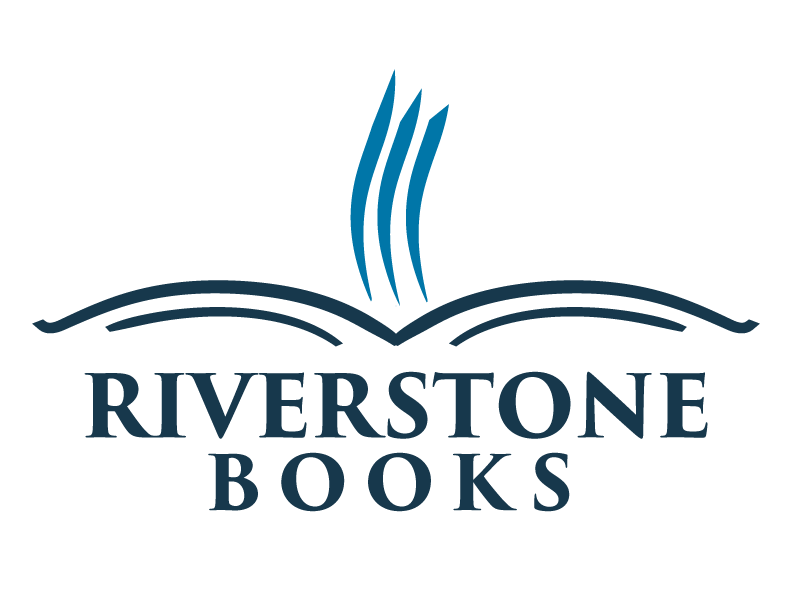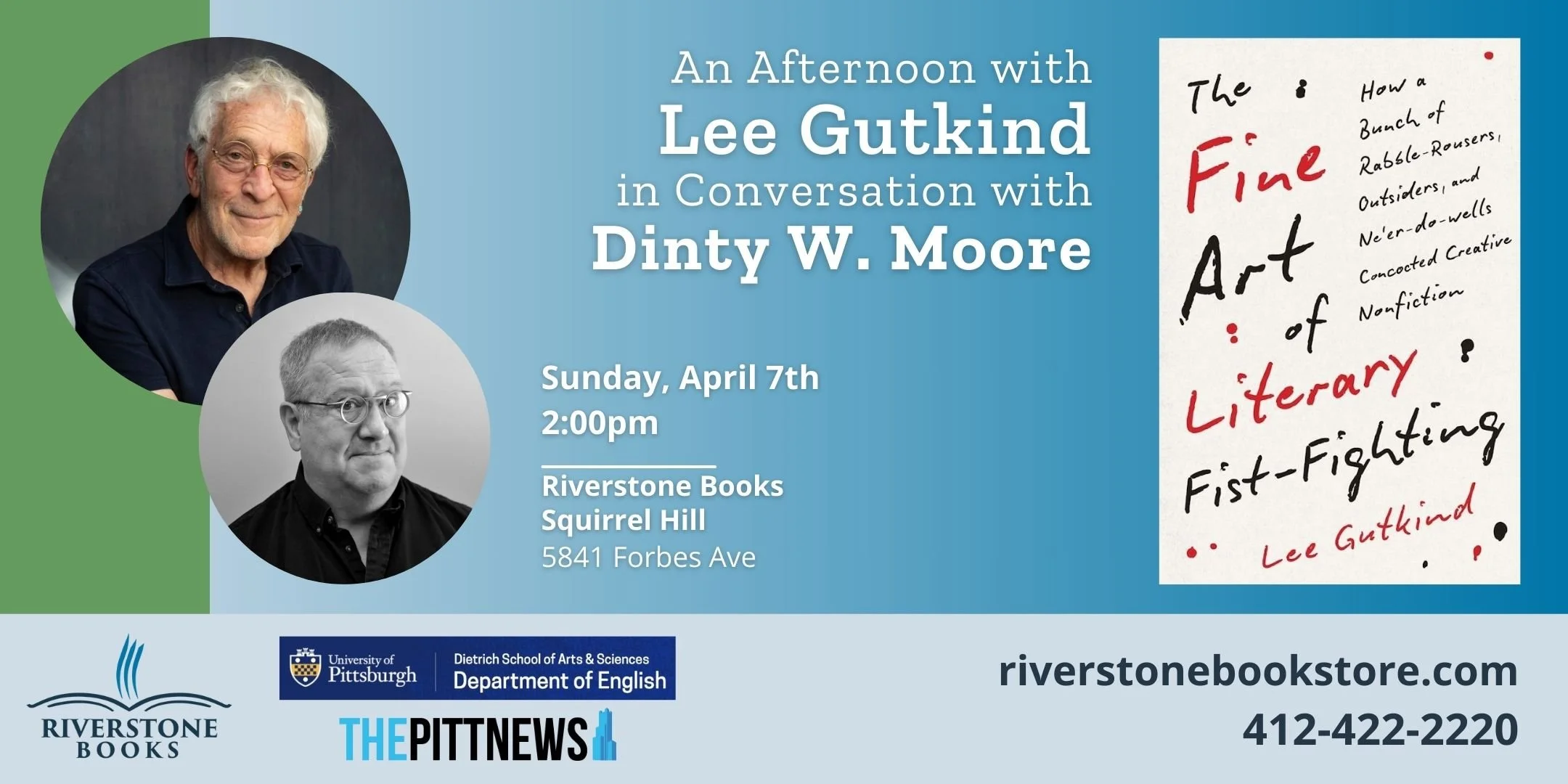Riverstone Books, The Pitt News, and the University of Pittsburgh Department of English are pleased to welcome Lee Gutkind for a stimulating conversation about his latest book, The Fine Art of Literary Fist-Fighting. After the discussion, there will be a time for Q&A from the audience followed by a time for book-signing.
About the book:
An account of the emergence of creative nonfiction, written by the “godfather” of the genre
“When [Gutkind] stops to look back on his own evolving perspective . . . [and] reflects upon his writing career, the choices he made . . . he puts himself, and us, right back in the moment—and the results are vivid, ambiguous, emotionally resonant, fascinating.”—Lucas Mann, Washington Post
In the 1970s, Lee Gutkind, a leather-clad hippie motorcyclist and former public relations writer, fought his way into the academy. Then he took on his colleagues. His goal: to make creative nonfiction an accepted academic discipline, one as vital as poetry, drama, and fiction. In this book Gutkind tells the true story of how creative nonfiction became a leading genre for both readers and writers.
Creative nonfiction—true stories enriched by relevant ideas, insights, and intimacies—offered liberation to writers, allowing them to push their work in freewheeling directions. The genre also opened doors to outsiders—doctors, lawyers, construction workers—who felt they had stories to tell about their lives and experiences.
Gutkind documents the evolution of the genre, discussing the lives and work of such practitioners as Joan Didion, Tom Wolfe, Norman Mailer, James Baldwin, Zora Neale Hurston, Rachel Carson, Upton Sinclair, Janet Malcolm, and Vivian Gornick. Gutkind also highlights the ethics of writing creative nonfiction, including how writers handle the distinctions between fact and fiction.
Gutkind’s book narrates the story not just of a genre but of the person who brought it to the forefront of the literary and journalistic world.
About the author:
Writing in The New Yorker in the fall of 2023, Louis Menand credits the writer Lee Gutkind as the first person to use the term “creative nonfiction,” in print—thirty years ago.
Menand’s credit to Gutkind is noteworthy, although a few writers and critics have used the term in print sparingly, off and on, as far back as the early 1940s. Gutkind’s achievement and unrivaled contribution to the literary ecosystem through creative nonfiction was his belief in the importance and value of the genre and the rewards it could bring to writers of all genres and to their readers long before 30 years ago. Gutkind has worked tirelessly to not only bring legitimacy to the genre—in the face of ongoing criticism and rejection—but to provide a definition and a scope of flexibility to the genre that would bring clarity to a term that was, to many writers and readers, somewhat amorphous and perhaps contradictory.
In 1991, he founded Creative Nonfiction, the first and the largest literary journal to publish narrative/creative nonfiction exclusively. He was instrumental in starting the first MFA program in creative nonfiction at the University of Pittsburgh and the first low residency program at Goucher College. When Gutkind began pioneering creative nonfiction, few if any university creative writing programs offered courses or degrees, but he saw the creative nonfiction genre as a way of connecting students with the real world through what he called “the literature of reality.” Gutkind’s efforts and dedication in bringing creative nonfiction to the forefront of the literary world and the general public were highlighted by James Wolcott. Writing in Vanity Fair, Wolcott dubbed Gutkind as “the Godfather” behind the creative nonfiction genre. Today, creative nonfiction is the fastest growing genre in the publishing industry and the academy.
Throughout his career, Gutkind has always practiced what he preached with his books and essays—immersing himself in diverse worlds for months and years and producing dramatic and intimate creative nonfiction about subjects as rich and varied as the motorcycle subculture, child and adolescent mental illness, baseball umpires, veterinary medicine and organ transplantation. He has edited many creative nonfiction anthologies and four textbooks focusing on the challenges and rewards of the creative nonfiction craft. His book You Can’t Make This Stuff Up, The Complete Guide to Writing Creative Nonfiction from Memoir to Literary Journalism and Everything Between has been praised by Kirkus as an indispensable how to for nonfiction writers of all levels and genres “reminiscent of Stephen King’s fiction handbook On Writing.” He is the author of a collection of essays, Forever Fat: Essays by the Godfather and a powerful and intimate memoir, My Last Eight Thousand Days: An American Male in His Seventies.
About the conversation partner:
Dinty W. Moore is author of the memoirs Between Panic & Desire and To Hell With It, and the writing guides Crafting the Personal Essay and The Mindful Writer, among many other books. He has published essays and stories in Harper's, The New York Times Magazine, Georgia Review, Kenyon Review, Creative Nonfiction, and elsewhere. He edits Brevity, the journal of concise nonfiction.

